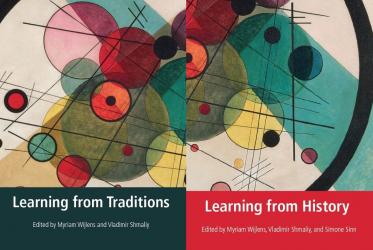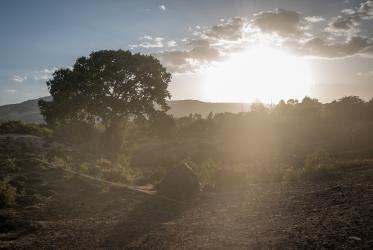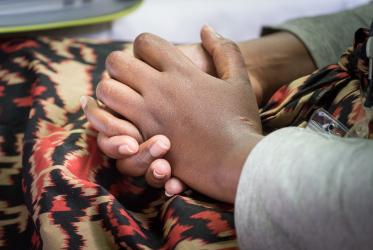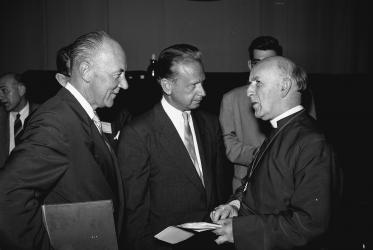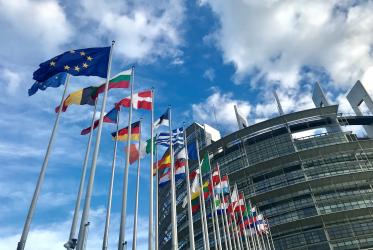Displaying 81 - 100 of 611
Jerusalem - Walking in the Footsteps of Jesus
30 March 2021
WCC urges “return to dialogue rather than conflict” in Ethiopia
13 November 2020
Sudanese church leaders express hope that new pact will end war
08 October 2020
WCC expresses sadness at passing of Swami Agnivesh
12 September 2020
A visionary missionary heads home
25 March 2020
Freedom of religion rooted in justice
06 March 2020
WCC welcomes Grand Mufti of Egypt
20 February 2020

